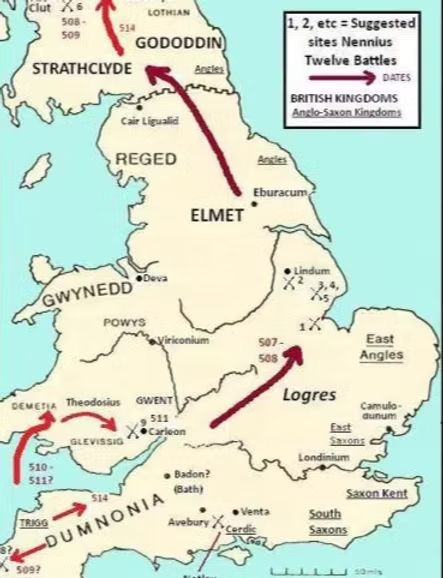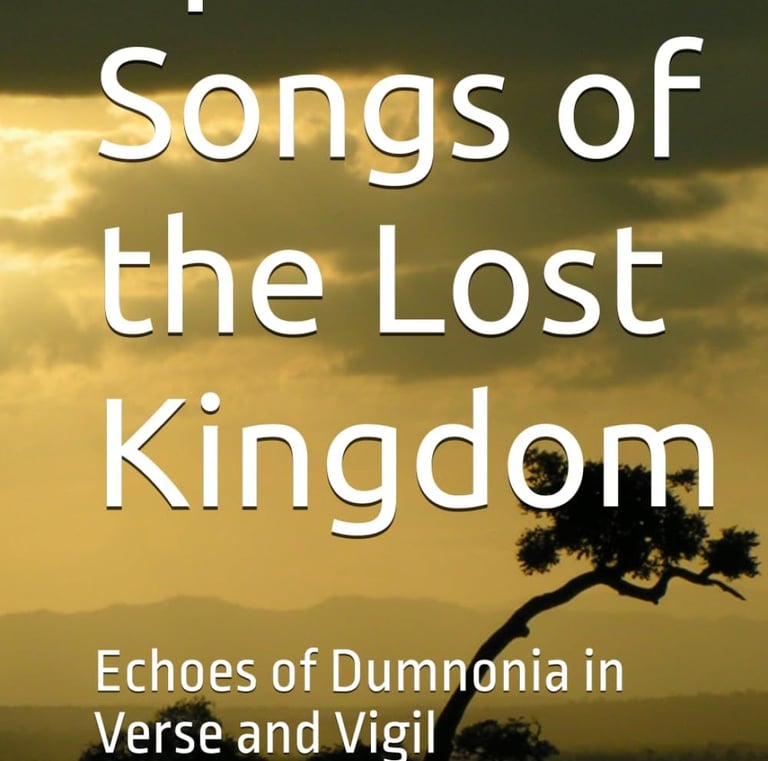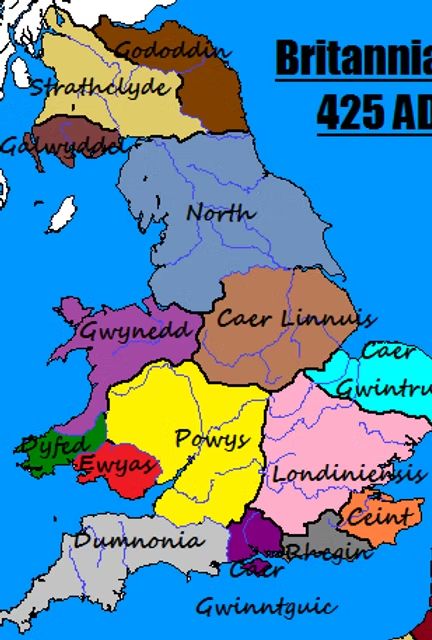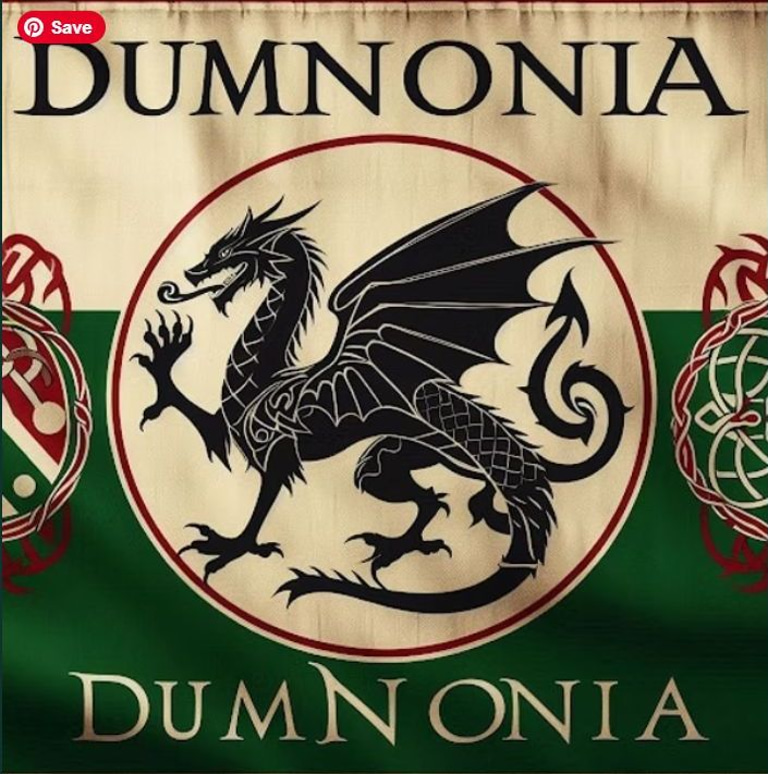
Welcome to the Kingdom of Dumnonia
Uncover the rich history and significance of Dumnonia.
5 stars
★★★★★
Join Us
Subscribe for Dumnonia updates
About Dumnonia
Discover the rich history and cultural significance of Dumnonia, a land steeped in ancient stories.


Our Heritage
Our Mission
We aim to share the captivating tales and heritage of Dumnonia with the world.
Gallery
Explore the rich history of Dumnonia.












